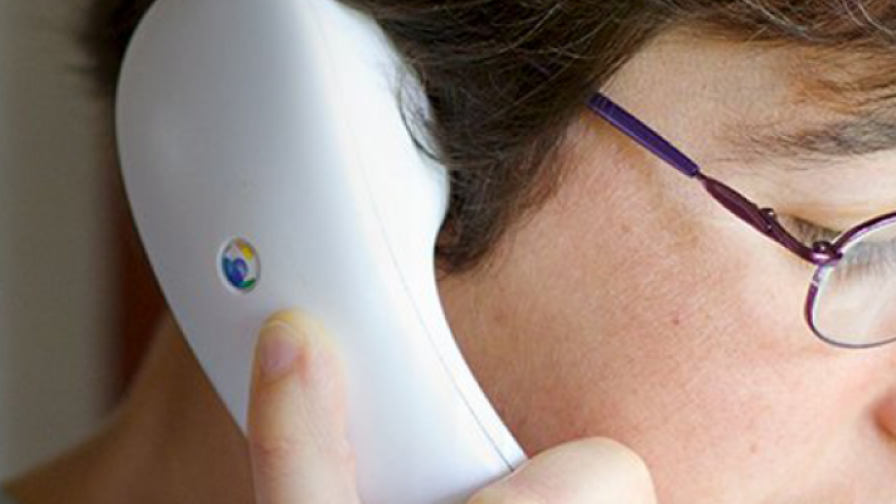Your feelings
Let’s be honest, having epilepsy can be overwhelming and, right now, it might seem that everything is going to become more complicated and difficult. Whether you’ve had epilepsy for a while, or it’s something that’s new, there are bound to be questions and concerns that you may have. If you do, remember that you’re not alone.
If you do feel down or worried about your epilepsy, you're not alone. Many young people with epilepsy may have the same worries that you have. Some people find that talking about their concerns can help. There are lots of ways that you can connect with other people and get support.
It doesn't matter who you decide to talk to, as long as you feel you can trust them and that they are good at listening. It could be a friend, a family member, your GP, or a teacher or tutor. Some people find it helpful to talk to a counsellor. Or you might like to call a helpline.
Whoever you talk to, it's OK to be unsure of what you want to say. Sometimes just having the time and space to say what you want can help to let off some steam or get your thoughts in order.
Getting support
- Follow us on social media @epilepsysociety
We regularly post updates from the world of epilepsy – everything from research, to medication updates, to changes in benefits, and support available for people with epilepsy.
- If you want to know more about epilepsy, or talk to someone about your epilepsy, our confidential helpline offers information and emotional support.
Find out how other young people deal with their epilepsy
- Visit healthtalk.org for videos, audio and text clips of young people taking about their experiences of epilepsy.
- To read other people’s experiences of living with epilepsy visit epilepsysociety.org.uk
/about-epilepsy/personalstories
How friends can help if you have a seizure
Telling your friends about your epilepsy and the type of seizures you have means they can help you if you have a seizure.
If you have seizures where you become confused or go blank, you might want a friend to stay with you, talk calmly and quietly, and gently guide you away from any danger.
If you have tonic clonic seizures, where you collapse and shake, they can help you by:
- keeping calm;
- timing your seizure;
- moving objects away from you that may cause an injury;
- putting something soft under your head to protect it;
- not holding you down;
- not putting anything in your mouth;
- not moving you, unless you are in direct danger;
- gently putting you into the recovery position, after the shaking has stopped;
- staying with you until you have recovered; and
- calling for an ambulance, if your seizure lasts for two minutes more than is usual for you, or if they don’t know how long your seizures last.
For more on first aid for epileptic seizures go to our first aid page or call our helpline for first aid cards to give to your friends or family.
Epilepsy Society is grateful to Dr F J Rugg-Gunn Consultant Neurologist & Honorary Associate Professor, Clinical Lead, Chalfont Centre for Epilepsy, who reviewed this information.
Information updated: November 2023

Epilepsy Society's confidential helpline is available for anyone affected by epilepsy.
Call us on 01494 601400. You can also reach us by email helpline@epilepsysociety.org.uk or chat with us online.
Young people and epilepsy
Information for young people about epilepsy including how it may affect your life, education, relationships, driving or worklife.
University and epilepsy
If you're considering going to university or if you’ve definitely decided that’s what you want to do, you’ll need to think about what this will mean for you in practical terms and about what support you might need, including financial support. Being well prepared will help you to make the most of your time at university.
Driving and getting about
Getting around and being independent is an important part of growing up. Find out about epilepsy and driving, transport and travelling.
Want to know more?
Download our Young people leaflet:
Download the PDF (pdf 2,066 KB)
For printed copies, please call our Helpline on 01494 601 400. Please note - we require a purchase order for bulk orders.



